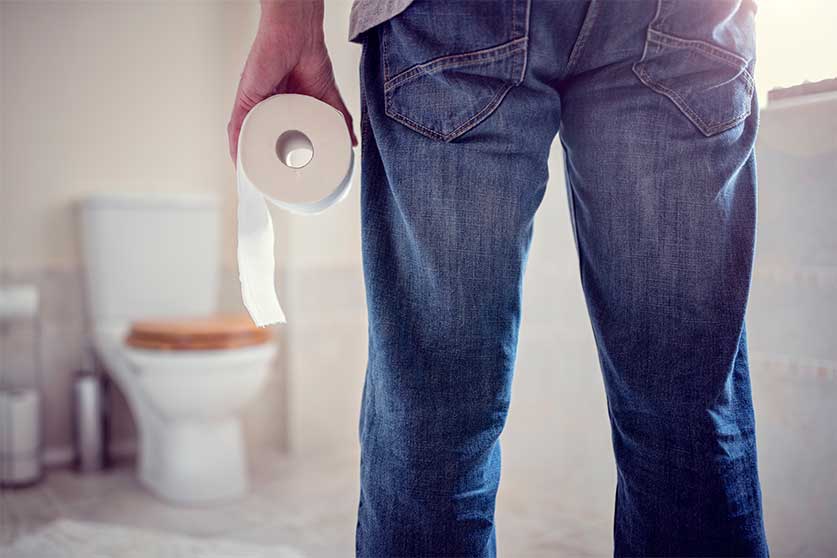Do Opioids Always Cause Constipation?

Medically Reviewed By: Manish Mishra, MBBS
Opioids can hurt your digestive health by causing hard stools, constipation, and feelings of incomplete evacuation. If you take opioids for chronic pain or abuse opioids in Ohio, you may be at high risk of suffering from opioid-induced constipation.

Opioids affect opioid receptors in the gastrointestinal tract. When these receptors are active, you may experience hard stools, reduced incidence of bowel movements, bloating, and other side effects. These side effects are known as opioid-induced constipation (OIC).
OIC affects between 40 to 60 percent of patients taking opioids for noncancer pain management. You may also experience bowel dysfunction and digestive problems if you abuse opioids in Ohio.
Improper use of opioids can increase your risk of serious health problems, such as bowel dysfunction, worsening mental health, and opioid addiction.
If you or someone you know are suffering from the serious side effects of opioids, you can reach out to opioid addiction treatment options near you.
How Opioid-Induced Constipation Occurs
When you take opioid analgesics such as oxycodone, hydrocodone, or fentanyl, these opioid drugs can bind to delta- and mu-opioid receptors in your central nervous system, intestines, and rectum.
These receptors can cause pain relief in other parts of your body, but can have adverse effects in your digestive system.
Active opioid receptors in your intestines can increase fluid absorption and affect how often the sphincter clenches during defecation. These changes to your digestive system can lead to opioid-induced constipation and decreased quality of life.
Side Effects & Treatment Of Opioid-Induced Constipation
Side effects of opioid therapy that can affect your bowel function may include:
- constipation
- cramping
- abdominal pain
- hard stools
Your Ohio healthcare provider can manage these adverse effects by prescribing laxatives, stool softeners, magnesium, polyethylene glycol, or docusate while you take opioids. These medications can counter or manage bowel dysfunction caused by opioid use.
Dietary changes, such as drinking more water, eating more fiber, and taking supplements can also improve your bowel movements when taking opioids.
Management Of Opioid Use & Long-Term Health Effects
Opioid-induced constipation can be one of many health problems caused by opioid use. If you or a loved one are struggling with your use of opioids in Ohio, you may benefit from an opioid addiction treatment program.
Contact Ohio Recovery Center for opioid use treatment options such as opioid detox, medication-assisted treatment with methadone, mental health services, and other options.
- Gastroenterology https://www.gastrojournal.org/article/S0016-5085(18)34782-6/fulltext
- National Institute on Drug Abuse https://nida.nih.gov/research-topics/opioids
- National Library of Medicine: StatPearls https://www.ncbi.nlm.nih.gov/books/NBK493184/

